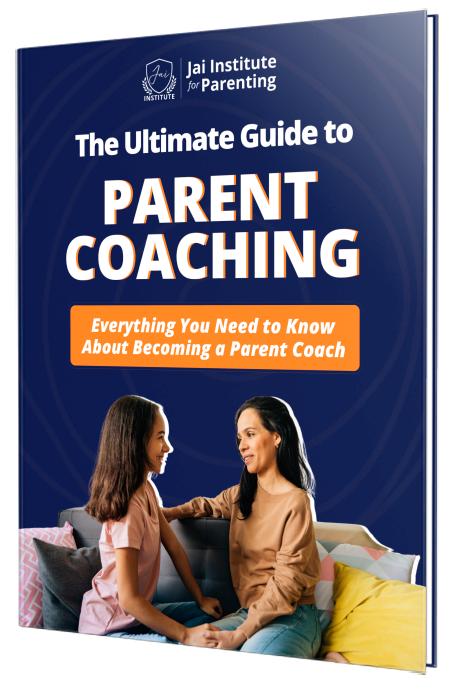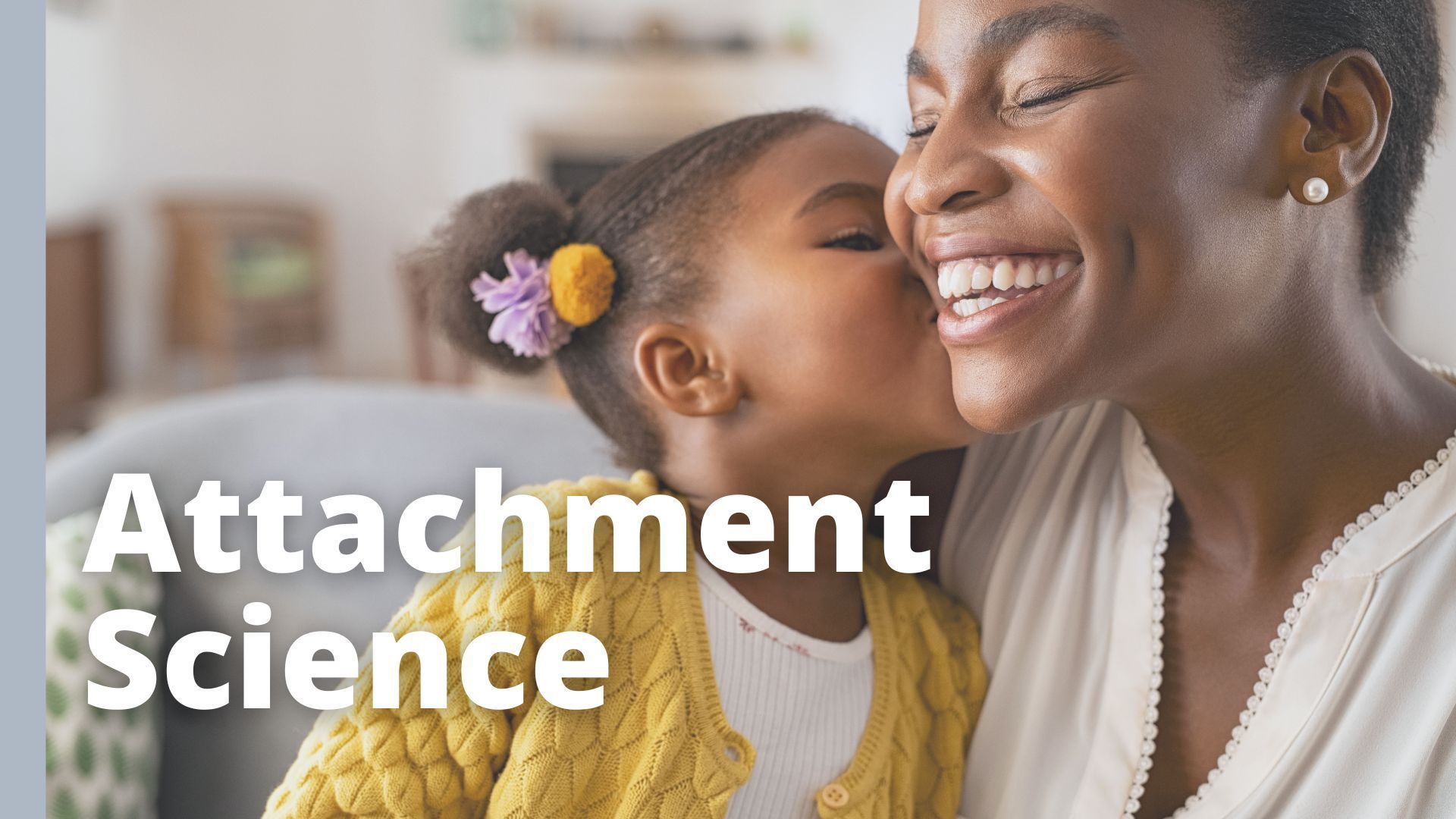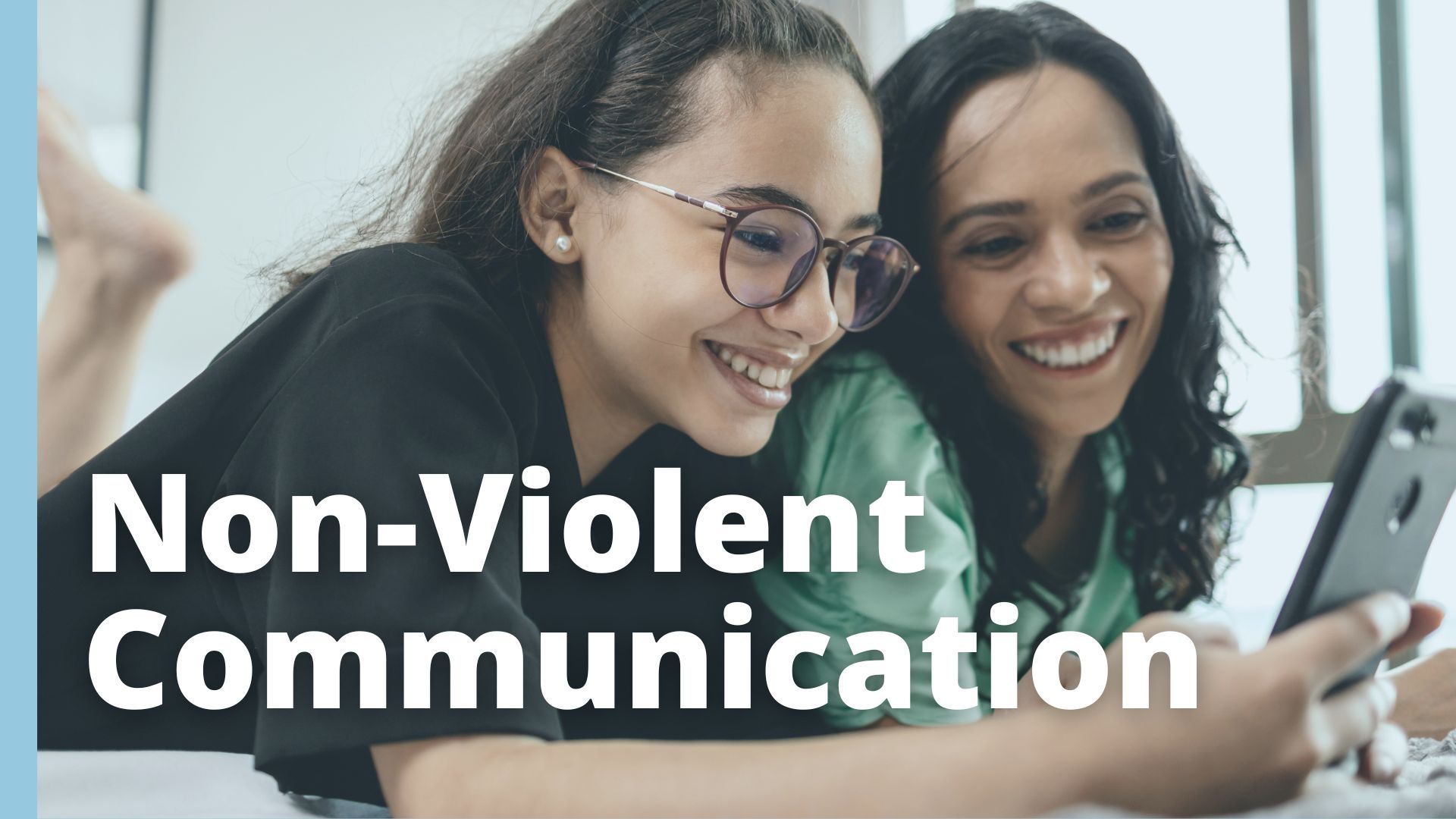Nervous System Science
Coaching Nervous System Science to Parents
Every parent wants to respond with calm, clarity, and compassion. Yet in the heat of the moment, when a child is screaming, refusing, or melting down, most of us do the exact opposite of what we intended.
We yell. We shut down. We say things we regret.
Not because we don’t care, but because our nervous system takes over.
At the Jai Institute for Parenting, we train coaches to understand and teach nervous system science because this is the key to helping parents move from reactivity to conscious leadership.
It’s the foundation for peaceful, connected, and resilient families, and the reason coaching is often essential for lasting transformation.
TABLE OF CONTENTS
What Is Nervous System Science in Parenting?
Nervous system science explores how the body responds to cues of safety and threat, both internally and externally, in every moment. It explains why parenting often feels overwhelming, especially when we’re exhausted, overstimulated, or under pressure.
At the core is the autonomic nervous system, which functions automatically. It constantly scans for danger and prepares us to fight, flee, or freeze when a threat is detected. This subconscious process, called neuroception, happens in the body before the thinking brain can respond.
In parenting, this shows up as:
- Yelling when your child won’t listen
- Withdrawing emotionally when things get chaotic
- Overreacting to “small” behavior with outsized fear or anger
These reactions are not character flaws. They are nervous system states which are automatic physiological responses aimed at restoring a sense of safety.
Polyvagal Theory describes three main nervous system states:
- Ventral vagal (green): Calm, engaged, connected
- Sympathetic (red): Fight or flight
- Dorsal vagal (blue): Freeze or shutdown
The goal isn’t to avoid these states, but to understand them so we can respond with awareness rather than react from instinct.
Why Nervous System Science Is Foundational to Parenting
Because Our Biology Overrides Our Intentions
Even the most conscious and loving parents become dysregulated. This isn’t a personal failure. It's biology.
Under stress, we revert to old patterns: default defense mechanisms, inherited coping strategies, and survival behaviors. Whether we mirror the parenting we received or react against it, we’re often not acting from our values. We’re operating from our nervous system.
This shows up as tension, shallow breathing, clenched jaws, or a sense of urgency. Before we even realize it, we’ve snapped.
No amount of willpower or intention can override a stress response in the moment. Regulation doesn’t mean avoiding stress. It means increasing our capacity to stay grounded while stress is present. That capacity must be built, physiologically, through practice, and over time.
Because Shame Keeps Us Stuck
Many parents feel deep shame about how they behave when triggered. They worry they’re harming their child. They feel guilt for not staying calm. And they judge themselves harshly, which keeps them in cycles of silence and self-blame.
The problem is that shame itself is dysregulating. It’s a threat cue. When parents are stuck in reactivity and remorse, they’re not just emotionally overwhelmed. They're trapped in survival mode.
This is why information alone isn’t enough. Insight must be paired with compassion, support, and embodied practice.
Parents need someone who can help them understand what’s happening in their body, hold space without judgment, and guide them gently toward awareness and self-compassion.
That’s where coaching comes in.
Why Coaching Is Essential for Nervous System Transformation
You can’t self-regulate your way out of a survival response you don’t even realize you’re in.
That’s the paradox so many parents face. They know they want to stay calm. They want to parent with intention. Yet when their child disobeys, melts down, or needs more than they can give, their body takes over. The breath shortens. The muscles tense. The voice sharpens. And their conscious mind seems to disappear.
This isn’t a lack of discipline or willpower. It’s how the nervous system is designed to operate.
As Dr. Stephen Porges explains, neuroception is always at work, scanning for cues of safety or danger. It doesn’t distinguish between real and perceived threats. A child slamming a door or refusing to get dressed can feel as threatening to the nervous system as a physical predator if a parent has a history of stress or trauma.
This is why nervous system education must be embodied. Reading books or watching videos can help, but real change requires practice, integration, and support, especially when old patterns, shame, and overwhelm are strongest.
Coaching Meets the Body Where It Is
Parent coaches trained in nervous system science are not just educators. They are co-regulators, mirrors, and compassionate witnesses. In a world where most of us have been taught to suppress or perform our emotions, coaching offers the relational safety needed for healing to begin.
Here’s what this looks like in practice:
1. Helping Parents Build Self-Awareness of Their Stress States
Most parents haven’t been taught to tune into their body. They don’t notice rising stress until they’ve already exploded or shut down. Coaching creates space to slow down and recognize early cues like clenched jaws, racing thoughts, or shallow breathing.
Through guided reflection and body-based inquiry, coaches help clients name their state: “That moment sent me into fight mode” or “I went into freeze.” Naming what’s happening reduces shame and increases clarity.
2. Creating Space for Reflection Without Shame
As Brené Brown teaches, shame thrives in secrecy and judgment. Many parents carry silent shame about moments of yelling, detachment, or disconnection. They feel like they’re failing.
Coaching reframes this. A coach helps the parent ask not, “What’s wrong with me?” but “What was happening in my body?” This shift invites self-compassion, which opens the door to growth.
3. Modeling Regulation and Offering Anchoring Presence
Regulation is relational. As Dr. Bruce Perry and Dr. Daniel Siegel have shown, children learn to regulate through co-regulation. The same is true for adults.
Parent coaches bring a steady, grounded presence. Their tone, pacing, and body language model regulation. This helps the client’s nervous system begin to attune, expanding what’s known as their window of tolerance, which is the range within which they can stay calm and connected even under stress.
4. Guiding Clients Toward Patterns They Can’t See on Their Own
As Dr. Bessel van der Kolk says, trauma isn’t stored in the thinking brain. It lives in the body. And many deeply ingrained parenting behaviors, such as control, perfectionism, rage, or withdrawal, are survival strategies formed long ago.
A coach helps clients notice these patterns with compassion. They might say, “I notice you tense up when your child expresses big emotions. Could that be your body remembering something?”
With curiosity and care, these patterns become visible. And once they are seen, they can be softened, challenged, and ultimately shifted.
Parent coaches trained in nervous system science don’t offer advice. They:
- Help parents build self-awareness of their stress responses
- Create space for reflection without shame
- Model regulation and provide anchoring presence
- Guide clients toward patterns they can’t see alone
Because here’s the truth: you can’t shift what you can’t name. And you can’t name what you’re too ashamed or overwhelmed to notice.
Coaching provides the safety and support necessary for true transformation.
Over time, parents learn to separate who they are from how they react. They begin to see their nervous system not as a problem, but as a guide. As they expand their window of tolerance, they become more present, less reactive, and more connected.
And as they shift, so does the entire emotional climate of the family.
Coaching Nervous System Science Is the Future of Parenting Support
We’re in the middle of a parenting revolution.
Traditional approaches that focus on control, consequences, and behavior charts are being replaced by nervous system literacy, emotional attunement, and relational repair.
But this shift doesn’t come from hacks or willpower. It comes from embodiment. From healing. From support.
At the Jai Institute for Parenting, we train coaches to walk alongside parents in this journey. We don’t just offer tools. We offer transformation.
Because the nervous system is not just a scientific concept. It is the invisible force shaping how we connect, lead, and love.
And when parents begin to understand it, they begin to change. One moment. One breath. One choice at a time.
Become a Certified Parenting Coach in Nervous System Science
The future of family transformation lives in the body… not just the mind. That’s why our Parent Coach Certification Program integrates trauma-informed theory with embodied, practical tools.
You’ll learn to help parents understand, regulate, and reshape their nervous system responses for their own well-being and their children’s.
This is more than professional training. It’s a personal evolution.
Most parents have never been taught how their nervous system works, let alone how to regulate it in real time. They may know what to do, but still feel reactive, ashamed, or overwhelmed when things go sideways.
That’s because transformation doesn’t happen through information alone. It happens through practice, presence, and support.
And that’s what our program prepares you to deliver.
Why This Certification Is Different
1. Submit an Application: This short application will help you to get clear on your goals as a parent, and for your potential new career as a parenting coach. It will take less than ten minutes to complete.
2. Schedule a Call with our Admissions Team: When you submit your application, you’ll be taken to our scheduling system where you can select a time that works for you. The purpose of scheduling a call with our Admissions Team is for you to get all of your personal questions answered, and for us to ensure that you’re a great fit for our program. Your admissions advisor will share all current tuition incentives and payment plans.
3. Find an Cohort Day/Time that Works For You: Your Admissions Advisor will help you find the cohort day/time that best fits your busy schedule. Most of our students are parents, have full-time careers, homeschool children, and/or lead busy lives! We’ll support you to choose a cohort that you can successfully participate in and complete your certification.
Next Steps to Enroll
As a certified Jai Parenting Coach, you’ll gain:
- A trauma-informed understanding of nervous system states, including Polyvagal Theory, neuroception, and the stress-response cycle
- Somatic coaching tools that help clients move from overwhelm to awareness and from shame to self-leadership
- Emotional safety frameworks like the Nervous System Thermometer, ANCHOR and HARBOR, and sensory-based regulation strategies
- Real-time coaching practice to help you track dysregulation, ask powerful questions, and hold space with clarity and care
You’ll also learn to spot the invisible: default defense strategies, narrow windows of tolerance, and unprocessed triggers that keep families stuck.
And you’ll become the kind of coach who helps parents build what they most want to give their children: attunement, calm, repair, and trust.
In a world where parents are told to “just stay calm” but given no roadmap for how, your role as a certified coach becomes essential.
You’re not just offering support. You’re offering a path to generational healing through the body, the breath, and the power of nervous system regulation.
7-MONTH JAI PROGRAM
Parent Coach Certification
- Transform your family with our powerful, evidence-based, curriculum and proven results.
- Be a part of the solution. Jai Parent Coaches are changing the world, one family at a time.
- Earn a living changing families’ lives, with the freedom that changes yours
The Ultimate Guide to Parent Coaching
- Gain incredible insights, integrate valuable perspectives, and learn new ways of seeing the world.
- Learn new coaching skills, which are applicable in all of your relationships,
personal
and
professional
- Build a business you love, that gives you freedom, flexibility and income for your family










